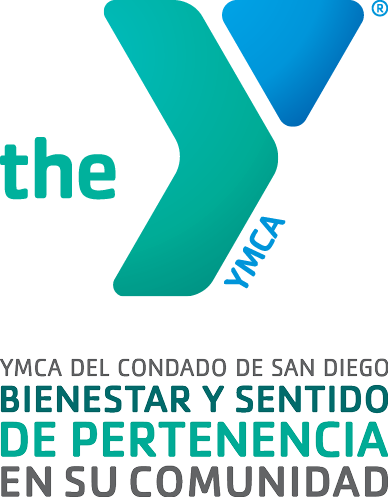April is National Child Abuse Prevention Month, a national campaign to prevent child abuse and neglect and promote the social and emotional well-being of children and families. Last week, we covered how we prevent child maltreatment in families.
According to Child Care Aware America, the majority of children under age 5 can spend as much as 35 hours a week in a child care setting. These environments become an extension of a child’s home and present a crucial opportunity for child care providers to become not babysitters but change agents in the field of child development.
YMCA CRS is the only State-funded child care Resource & Referral Agency in San Diego County, and our work with thousands of child care providers in San Diego County gives us a chance to bring our early childhood development expertise to every community. We engage in multiple efforts to help child care providers improve and maintain the quality of their services and foster the overall well-being of children.
According to Harvard’s Center on the Developing Child, the most important thing children need to thrive is an environment of nurturing relationships that begin with their family and extends to other adults they encounter, such as child care providers and educators. Just as we help parents and caregivers manage emotions and build positive behavior strategies in Behavior Support Services, we help child care providers improve their quality in the following ways:
- Education – Knowledge of child development has increased exponentially in recent years, especially when it comes to understanding the young brain. A new understanding of early brain development has informed consensus on optimal learning environments for our littlest community members. Brain science had confirmed that learning in the earliest years happens through play!
- Meaningful interactions – Creating effective learning experiences means that the adults in the classroom or family child care home engage with the children in ways that help children establish healthy relationships and nurturing bonds with trusted adults outside the home.
- Developmental screenings – Screenings for health, developmental, and social-emotional needs help support appropriate growth and development for children. Early detection and support for children with delays increase kindergarten readiness and reduces the need for more costly interventions in elementary school. When a child’s developmental needs are identified early on, parents, caregivers, and providers are able to provide the appropriate level of care to ensure their safety and well-being.
- Social-Emotional Development – We help providers invest in developing strong social-emotional competence in children and implement strategies that help children strengthen these skills. We encourage programs to build an effective teaching staff who are engaged in nurturing and responsive relationships, and who can teach young children friendship, self-control, emotional regulation, and problem-solving skills as ways to prevent challenging behaviors.
- Family Engagement and Strengthening – Quality programs promote culturally appropriate family engagement and education so that families can effectively bring learning and development experiences home. Providing many opportunities and levels of engagement allows all families to not only feel welcome in their child’s educational setting, but also to create true partnerships with their child’s teachers, director, and other support staff.
An individual’s ability to work productively, be a good citizen, and stay healthy depends on a strong foundation in early childhood, and the adults in a child’s life are critical to building that foundation. When we focus on the skills and needs of all the adults a child encounters on a regular basis, we ensure a better future for our children and our community as a whole.
For more information about our Behavior Support Services program and the services we offer providers, click here or contact Aimee Zeitz at [email protected].
TO READ MORE ABOUT NATIONAL CHILD ABUSE PREVENTION MONTH, CLICK ON THE BLOG POSTS BELOW:
NATIONAL CHILD ABUSE PREVENTION MONTH: IT STARTS WITH US
CHILD ABUSE PREVENTION MONTH: A FOCUS ON YOUNG PARENTS
NATIONAL CHILD ABUSE PREVENTION MONTH: THE ROLE OF KINSHIP CAREGIVERS
NATIONAL CHILD ABUSE PREVENTION MONTH: A NETWORK OF ABUSE PREVENTION ADVOCATES


